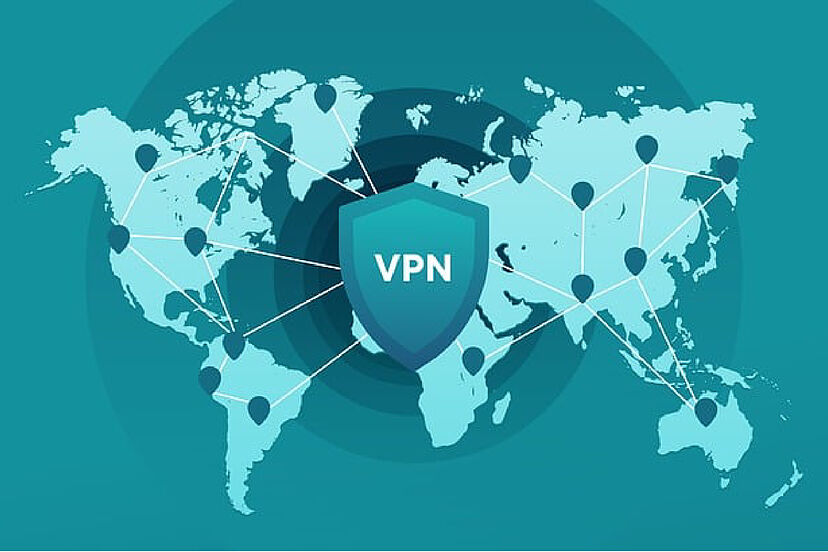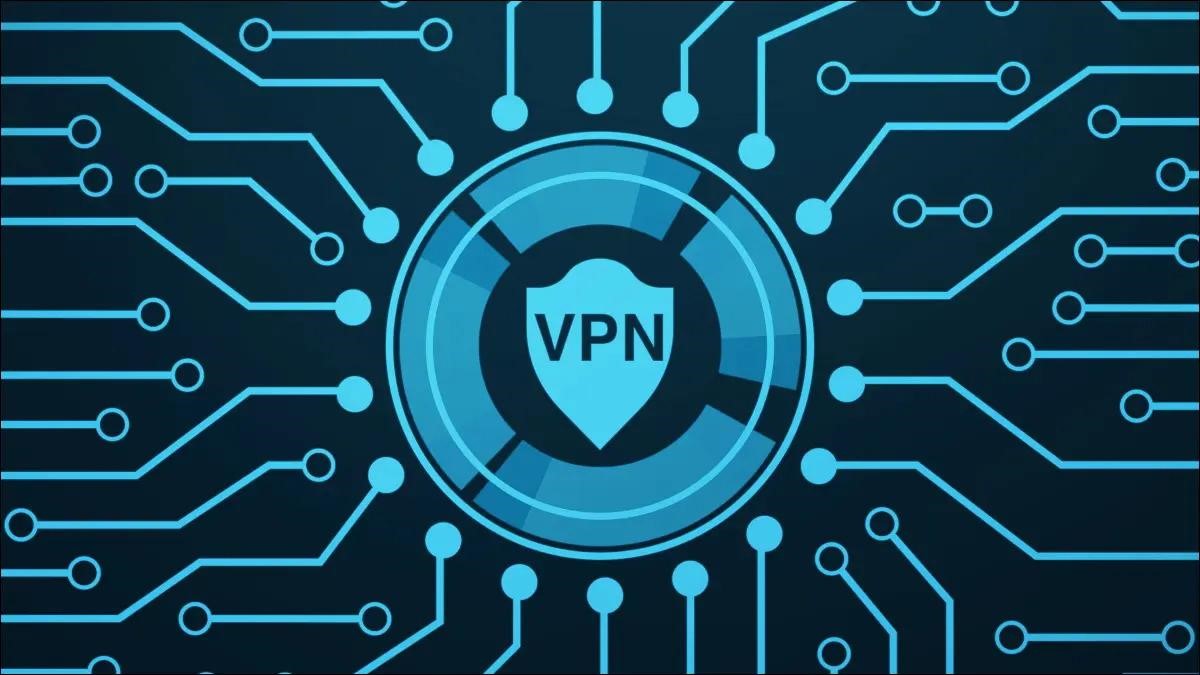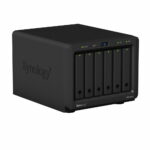In a world where online privacy and security are increasingly important, Virtual Private Networks (VPN) have become an essential tool for any Internet user. In this blog, we’ll explore what a VPN is, how it works, and why you should consider it to protect your information and maintain your privacy online.
What is a VPN?
A VPN, or Virtual Private Network, is a technology that allows you to create a secure, encrypted connection between your device and a server somewhere else in the world. When using a VPN, your Internet traffic is redirected through this server, which hides your real IP address and encrypts all data transmitted between your device and the VPN server.
How does a VPN work?
VPNs work by establishing an encrypted “tunnel” through the public Internet. When you connect to a VPN, your Internet traffic first passes through a VPN server before reaching the final destination. This encryption process ensures that the data is unreadable to anyone trying to intercept it, including hackers, Internet Service Providers (ISPs), and even governments.
Different Types of VPN
There are several types of VPNs, including:
- Remote Access VPNs: Allow users to connect to a private network from any location, providing secure access to network resources.
- Site-to-Site VPNs: Mainly used by companies to connect networks in different geographic locations.
- Personal VPNs: Designed for individual users who want to protect their privacy and security online.
Benefits of Using a VPN

Security in Public Networks
One of the biggest benefits of using a VPN is the protection it offers when you connect to public Wi-Fi networks. Public networks, like those you find in coffee shops, airports, and hotels, are notoriously insecure and easy for hackers to exploit. A VPN encrypts your connection, protecting your sensitive data such as passwords and banking details.
Online Privacy
By hiding your real IP address, a VPN helps you stay anonymous online. This is crucial to prevent websites and online services from tracking your activities and building a detailed profile about you. Additionally, a VPN prevents your ISP from monitoring and recording your browsing history.
Access to Restricted Content
VPNs are very useful for accessing geographically restricted content. For example, if a streaming service limits certain shows or movies to specific regions, you can use a VPN to “trick” the service into thinking you’re in a permitted location.
Improved Speed and Performance
In some cases, ISPs may slow your connection when they detect heavy data usage, such as streaming or online gaming. A VPN can help bypass this limitation by masking your internet activity, providing a faster and more seamless browsing experience.
How to Choose the Best VPN

Security Assessment
When choosing a VPN, it is essential to consider the security features it offers. Look for providers that use strong encryption protocols, such as OpenVPN or WireGuard, and that have a strict no-log policy. This ensures that your online activity is not stored or shared with third parties.
Speed and Bandwidth
Connection speed is a critical factor, especially if you plan to use the VPN for high-bandwidth activities, such as HD streaming or online gaming. Read reviews and run speed tests to make sure the VPN provider you choose doesn’t significantly slow down your connection.
Compatibility and Ease of Use
Make sure the VPN is compatible with all your devices and operating systems, including smartphones, tablets, and computers. A user-friendly interface is also important as it makes it easy to set up and use the VPN without technical complications.
Server Locations
The number and location of VPN servers is another key factor to consider. More servers in multiple geographic locations give you more options for connecting and can improve connection speed and reliability.
Price and Plans
While security and privacy are invaluable, it’s important to find a VPN that fits your budget. Compare the prices and plans offered by different providers, and look for those that offer good value for money without sacrificing security and performance.
Conclusion
In a world where online security and privacy are more important than ever, using a VPN is one of the best ways to protect your information and maintain anonymity on the Internet. From protection on public Wi-Fi networks to access to geo-restricted content, the benefits of using a VPN are numerous. When choosing the right VPN, consider factors such as security, speed, compatibility, and cost to find the option that best suits your needs.
If you are interested in learning more about how to optimize your network and other connectivity devices, consult the Ibertrónica Routers to complement your network configuration and improve your online experience.
Protect your online privacy and security today with a trusted VPN and enjoy safer, unrestricted browsing.







